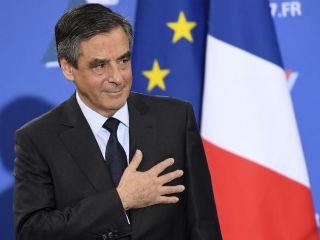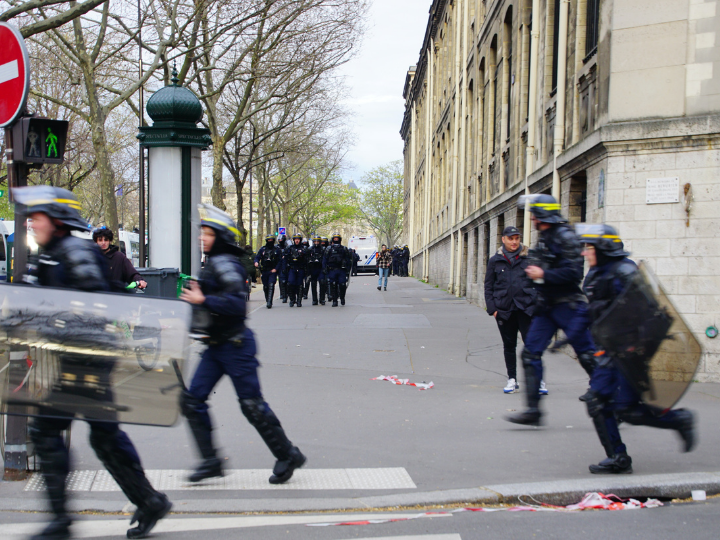by
Athanase Papandropoulos
Judging by the first reaction of Marine Le Pen the situation is difficult for her and the “Front National”, the populist far-right party that she leads. As soon as the victory of the former Prime Minister of France, Francois Fillon was announced, Le Pen stated that “the winner is the man who will demolish France”.
The French Socialist Party –which is deeply divided having three candidates running for its leadership- condemns the Fillon’s liberal program as “Thacherite” and catastrophic for modern France. Also, both the Socialists and the Lefts are blaming the new leader of the central-right wing for a deep conservatism, especially concerning the migration problem and the Islamic terrorism, noting that his rise to power could trigger intensive social conflicts.
Nevertheless, the first poll’s assessments regarding the first run of the presidential elections are showing first Francois Fillon with 32%, Marine Le Pen comes second with 22%, Emmanuel Macron third with 13%, Jean-Luc Mélenchon fourth with 12% and last comes Francois Holland with 11%. In this context, -and after the ensured tolerance of Emmanuel Macron, the Socialist Party’s dissident- it is certain that Fillon is going to win the presidential election, dispelling the myth concerning the existence of a stream in favor of Marine Le Pen.
On this basis, from May 2017, France will enter a new phase of a more liberal economic policy and it is not impossible the next Prime Minister to be Emmanuel Macron, whose economic program is really radical in all respects. In such a case and taking into account that the approaching German election of 2017 will end up with a new “marriage” between Christian and Social democrats, the strong economic axe of Europe will move in directions radically different than those that the Greek government is planning to.
Consequently, it is crucial for the Greek economic cabinet to understand the possible future scenarios and devote its energies to the total liberalization of the economy. It is the only way for a new production model –which, as it is perceived by the most of the European leaders, has to adapt with the new status quo on the global economy that is in a transformational process.





 By: N. Peter Kramer
By: N. Peter Kramer
